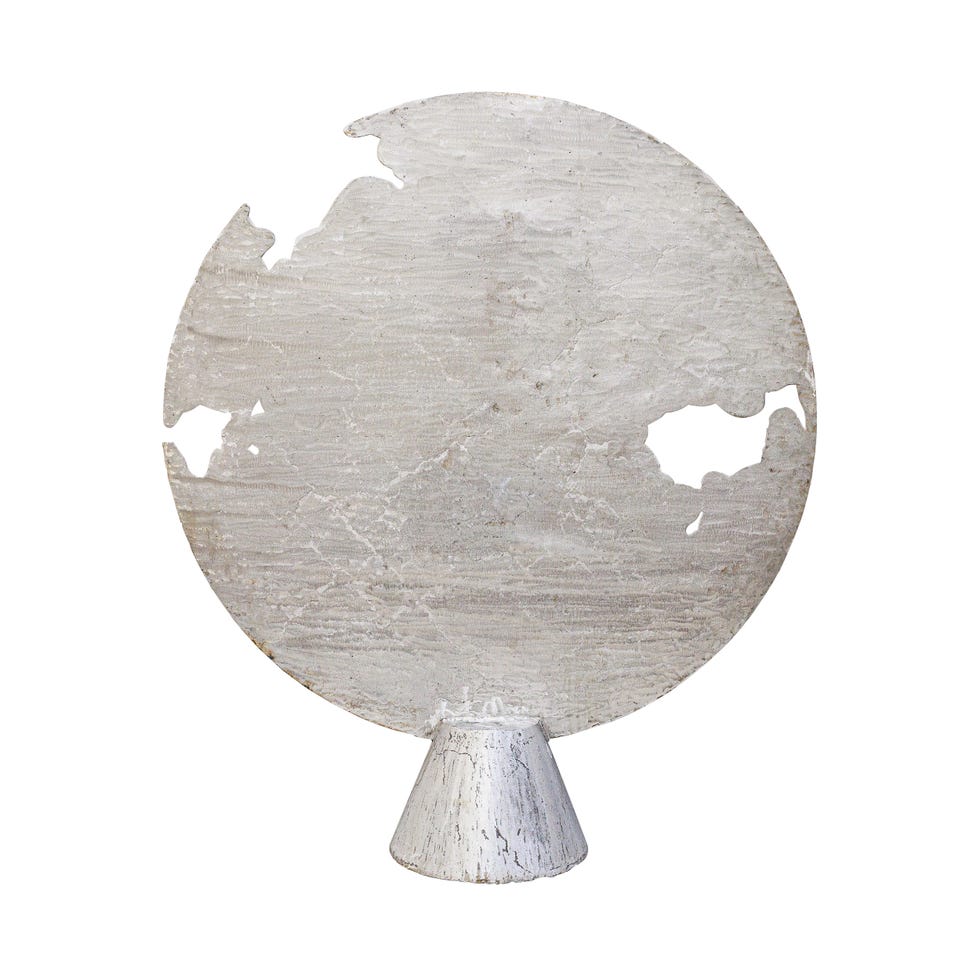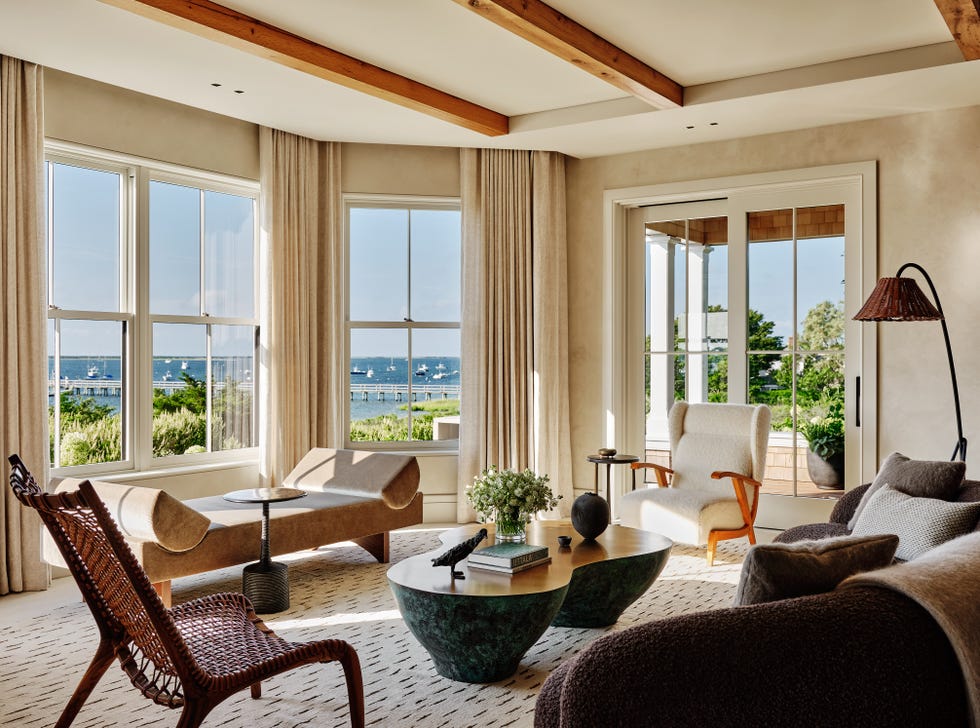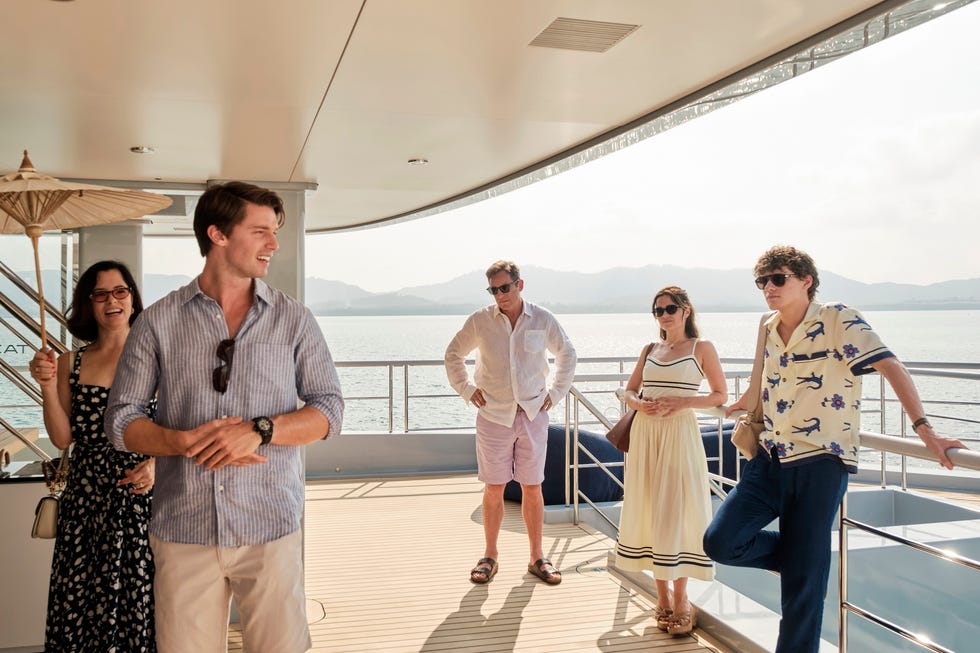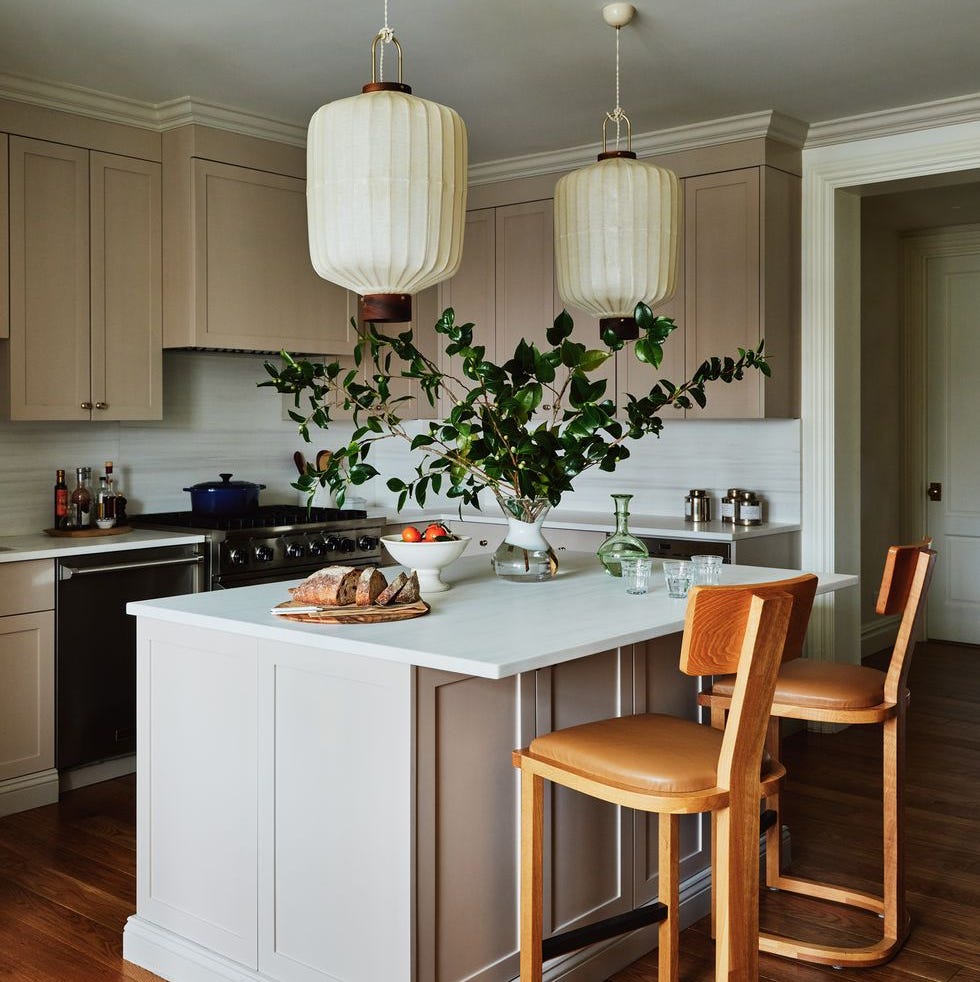There is always a message in the medium. Designer Nifemi Marcus-Bello has attracted acclaim in the global design community over the last few years for a practice that relies as heavily on his expansive interior universe as it does on a sophisticated and ecologically conscious selection of materials. (Case in point: his bamboo pavilion for the 2023 Sharjah Architecture Triennial.)
Born and bred in Lagos, Nigeria, Marcus-Bello drew on his country’s centuries-old legacy of artistic metal-smithing and cultural affinity for innovation to create his series Oríkì. In three acts, Marcus-Bello tackled bronze, aluminum, and copper, the last of which was shown at Marta Gallery in Los Angeles earlier this year. (He is pictured above sitting on a daybed from that exhibition.) “I was thinking of how Africa can play a role in the refinement of its own materials and the layers of conversations that can be had,” he says. “Not just from a material standpoint but from a -socioeconomical, cultural, and -identity-based standpoint as well.”
The designer has been welding since he was 14. His Lagos studio looks to what surrounds it, using materials from the continent and collaborating with local artisans. “I don’t see craftspeople as outsiders,” Marcus-Bello says. “Many of the welders I work with have known me since I was a child. I approach them with an idea, and it ends up being a conversation.” It’s a conversation institutions, galleries, and collectors are only too eager to have, as a recent MoMA acquisition shows. “I am interested in the why of everything,” he says. “Things should not exist for the sake of existing.” ◾
This story originally appeared in the May 2025 issue of Elle Decor. SUBSCRIBE






